In this paper, we investigate the properties of one Auxiliary Function (AF) for calculating the global optimum of a function of many variables. The considered AF is constructed by transforming the objective function using the Lebesgue integral and is a function of one variable. Despite the fact that in previous works this AF was used to find the global minimum of smooth functions on convex closed sets using the algorithm of dividing a segment in half, its properties have not been studied. Here, this AF is used to calculate the global extremum of continuous functions defined on bounded closed sets of a multidimensional Euclidean space. The basic properties of the AF for any continuous objective function are established, such as non-negativity, positive uniformity, uniform continuity, differentiability and strict convexity, moreover, derivatives up to a certain order are found. The optimality criterion is formulated. The main criterion of optimality is that the value of a free variable, at which the AF and its derivatives are equal to zero up to some order, coincides with the global minimum of the objective function. It follows from this optimality criterion that to calculate the global minimum of the objective function, it is sufficient to find the zero of the AF or its derivative up to some order.
Key words: auxiliary function, global extremum, deterministic methods, optimization methods, multiextremality, static problems, optimality criterion, properties of auxiliary function

